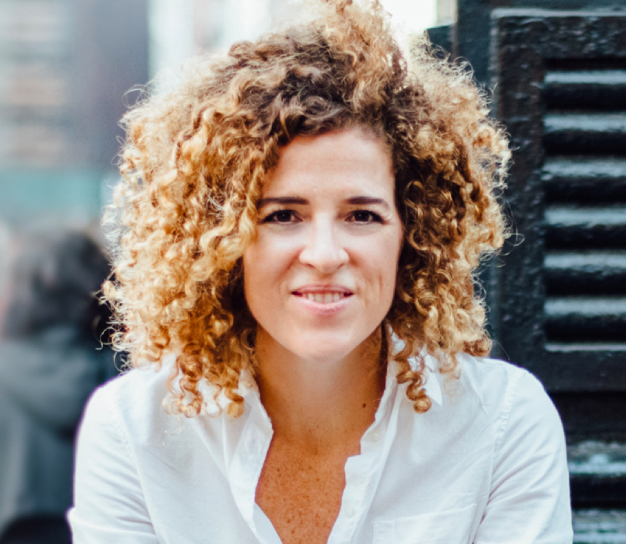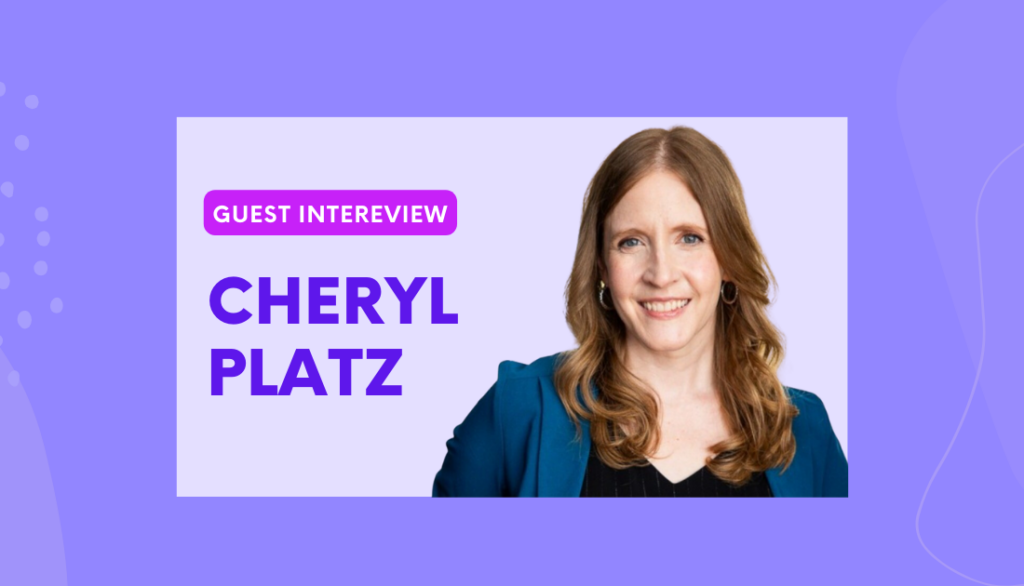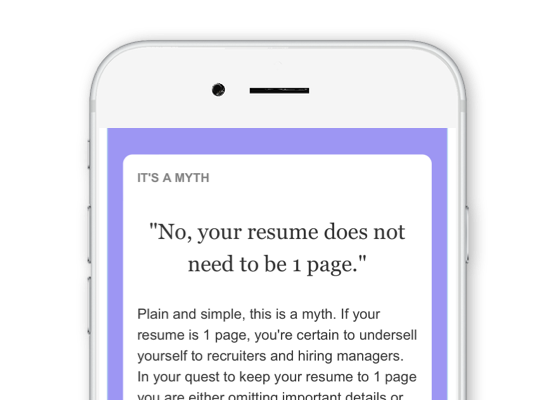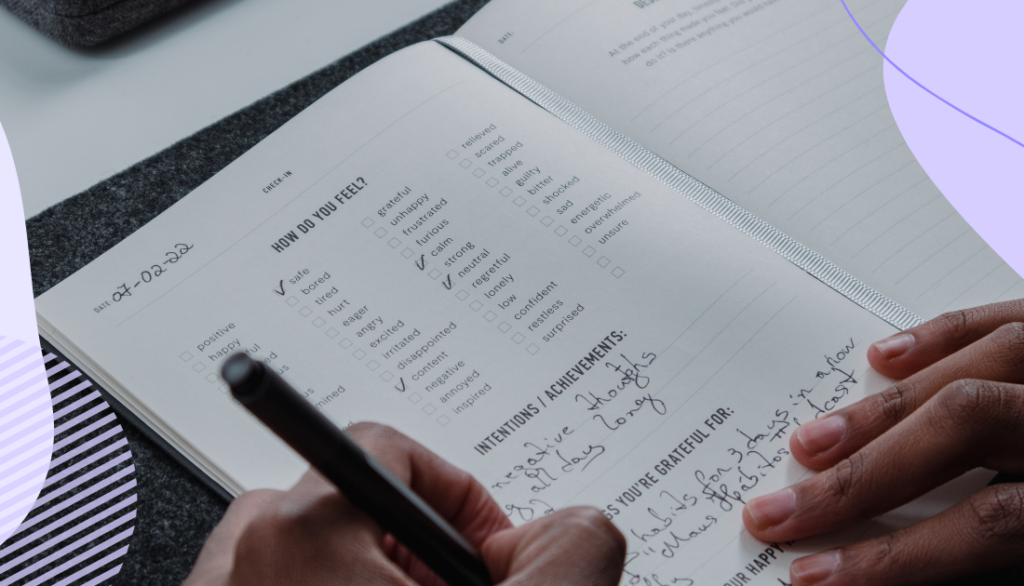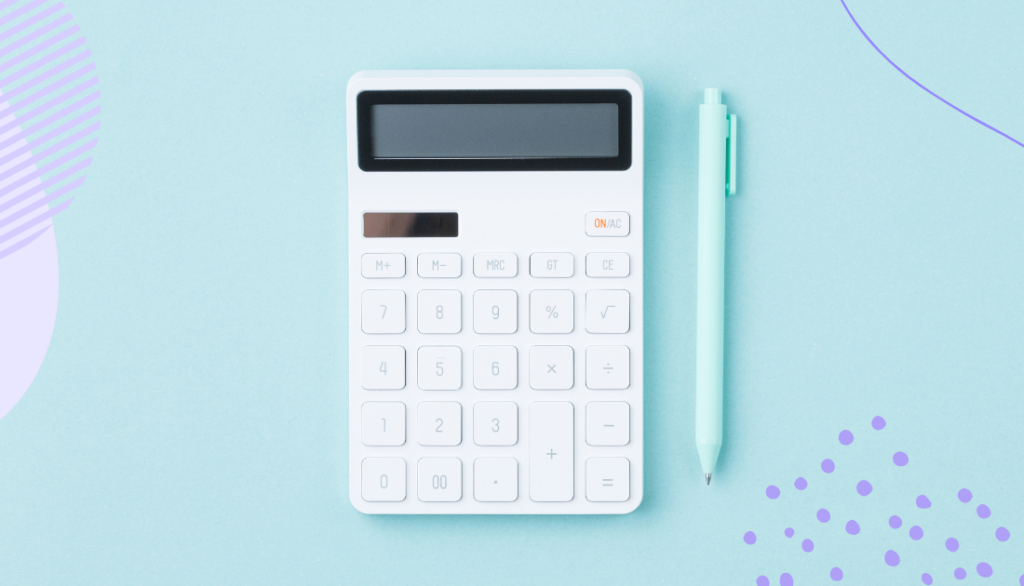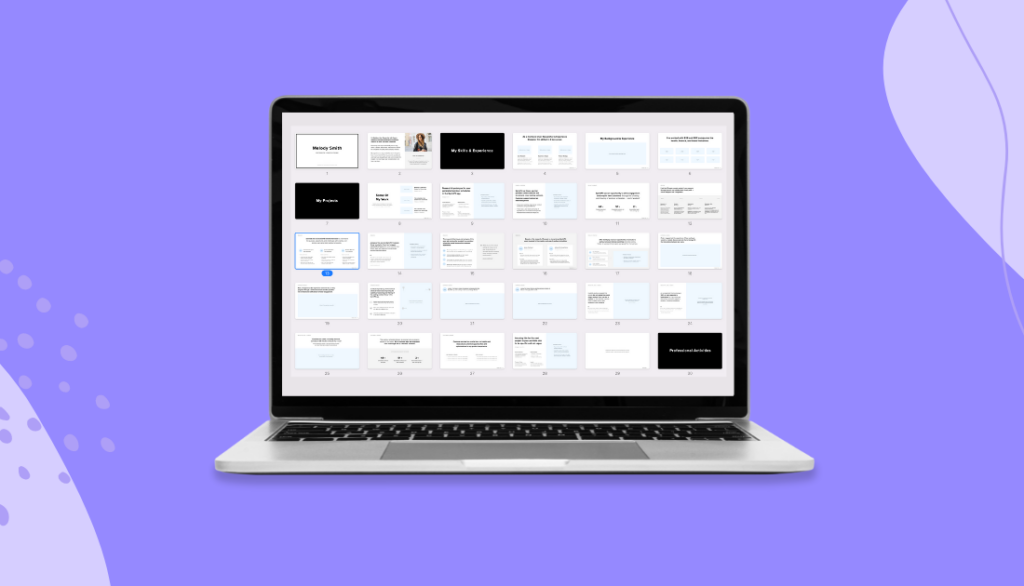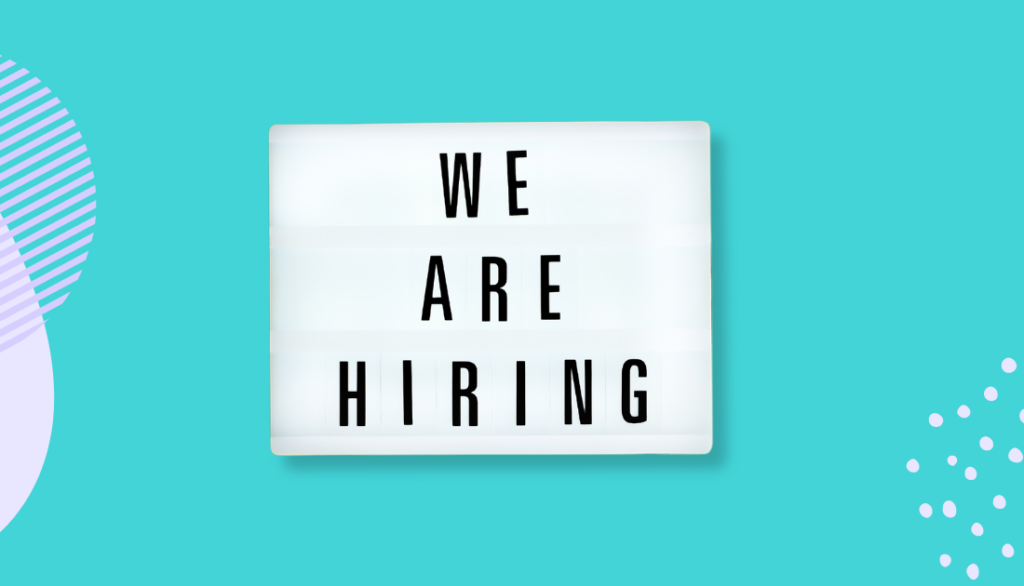Episode 67
How to describe a career break on your resume and why you should own it (and not be ashamed)
9 min listen
Episode 56
9 min listen

Listen to the Episode
Episode Summary
Feeling worried about how to describe a career break on your resume? You’re not alone. In this episode, we debunk the myth that work history gaps are a red flag to hiring managers. With insights from LinkedIn’s research, we show how normalizing and owning a career break is increasingly accepted.
Discover how LinkedIn’s career break feature can help you openly represent time off and translate the skills gained during your break to potential employers. Learn why embracing your career journey, from caregiving to dealing with pandemic waves, is an asset.
We delve into why it’s crucial to align with companies that value your experiences, and how to spot these opportunities. So, if you’re ready to reframe your perspective and feel empowered about career breaks and work gaps in your work experience, this episode is for you. Share this episode with someone who might be worried about gaps in their resume too.
Create your dream career, and life
- Book a free Career Strategy Call to learn how we can help you
- Get our free Career Roadmap to help you navigate your career
- Check out Career Strategy Lab, our 3-month career coaching program
Watch
Discussion Questions About The Episode
- How has the perception of career breaks evolved over time, and how does this impact your own view of taking a break in your career?
- Reflect on the ways in which societal attitudes and workplace cultures have influenced the perception of career breaks. How do these factors impact your personal experiences or concerns about career breaks?
- Consider the idea of adding a "career break" to your LinkedIn profile. How might this feature add value to your professional narrative, and how could it encourage transparency and authenticity in the workplace?
- Share your thoughts on the concept of aligning with company values and culture when it comes to handling career breaks. How might this influence your future career decisions and job search strategies?
- Reflect on how the normalization of career breaks, particularly in the context of the pandemic, has impacted your perspective on work-life balance and professional authenticity. How might this shift in perception influence your career goals or aspirations?
Episode Notes & Links
Episode Transcript
Sarah Doody [00:00:00]: Hey there. I’m Sarah Doody, host of the Career Strategy Podcast. Many professionals are seeking more impact, flexibility, growth, and let’s face it, getting paid what they’re worth. But how do you unlock this in your career? It starts with strategy. I’m taking you behind the scenes of what’s working for my career coaching clients. You’ll hear strategies news and actionable, yet sometimes against the grain, advice for how you can be the CEO of your career and stop in Mondays. Ready to level up your career? Let’s get after it.
Sarah Doody [00:00:38]: Welcome back, everyone, to another episode of the Career Strategy Podcast. Today, I want to address a topic that I am asked about all of the time, and the question normally goes something like this. How should I handle a gap of work experience in my resume or my work history. And this question comes up all of the time, and I think it is because many candidates are worried and fearful that if someone sees a gap in their work Experience. That will be a red flag for the person doing the hiring. We are gonna dive into why this is a myth and how you can actually embrace and own whatever has happened in your work history. So let’s dive in. I think a lot of people feel shame, guilt, worry about having any sort of gap on their resume, in their work history, on their LinkedIn profile, etcetera.
Sarah Doody [00:01:50]: And I believe this is because there is a myth out there that says if you have a gap on your resume, It is going to be a red flag to recruiters and hiring managers. I don’t know where this has come from. It just seems to be out there, but I want you to know that is not the case. And I want to let you know that LinkedIn itself has normalized these gaps of work experience in what they call career breaks. So in 2022, I believe it was, LinkedIn did a survey of around 23,000 people and 7,000 hiring managers and found that about 2 thirds or 62% of employees had taken a break at some point in their career. And just over a third of them, mostly women, would wanna take a break in the future. And I say that because For LinkedIn to have noticed this and dedicated resources to do research about this Sarah to me that we are moving away from this myth that you can, by no means, have a gap of work experience in your resume. And so after LinkedIn did more research about this, and they actually wrote a blog post that we’ll link to in the Show notes so you can read it for yourself.
Sarah Doody [00:03:23]: But as a result of this research, LinkedIn ended up creating this feature on your LinkedIn profile page that allows you to add a career break. So just like you would go and add, you know, I was at company UX y z for the last 3 years. You can add an official thing called a career break to your work history, and the idea is that it’s going to kinda normalize this and just put it out in the open and allow people who did take career breaks to be able to have opportunities to tell recruiters and hiring managers and people they encounter in interviews, like what they did during these career breaks that may be related or transferable skills to what they’re going to do in their next job. So if you’re curious how to add a career break to your LinkedIn profile. What you wanna do is you wanna go to your LinkedIn profile and then go to the section under work experience where you would, you know, add a previous job, except that when you click, plus, I think it’s a plus sign, There is gonna be something called a career break. And when you click that, it’s pretty cool because It’s not just that you’re adding a career break. You can choose the type of career break. So it could be caregiving, full time parenting, traveling, bereavement.
Sarah Doody [00:05:10]: Who knows what? There’s a ton of options, and you can have that displayed on your profile and give it a description similar to what you would do for a previous job. One thing I say to job seekers who are or worried about having a career break on their resume. The following. I say, you know, If you apply to a company and they judge you or discredit you For having a career break and have taken time off to do whatever you Doody, and they use that against you almost? Maybe you don’t wanna work at that company to begin with. Maybe it doesn’t align with kind of the values and the culture of a company where you would feel like you fit in and that aligned with your values and what was important to you. Right? So I think there’s also something to be said for being mindful and paying attention to if companies even make it a big deal to begin with. So I hope this really helps you Kinda reframe your perspective around career breaks because I think gone are the days of worrying that you need to hide the fact that you took care of a loved one for a year or that you were sick for a year or that you took 2 years off to take care of your children or something. Another thing I think Concerning career breaks, especially in the past couple years, is that we’ve seen such kind of waves of of layoffs and even people quitting their jobs during the pandemic because they could not feasibly do their job and Be a a parent and teacher and taking care of their kids and, like, all of these things.
Sarah Doody [00:07:07]: And so I think the pandemic somewhat helped normalize career breaks as well, but especially when we have waves of layoffs such as we’ve seen for the past couple of years, it is more common for people to just have not had a job because it took them longer to find a job. So if you have Been worried about career breaks. I hope this really changes your mindset about them and empowers you to not feel like you need to hide that and maybe also makes you, you know, think twice. In that if A company holds it against you, maybe that’s kind of a signal that you need to think twice about whether or not that company is even a fit for you. Alright. I hope this episode was helpful, that you learned something new. I would So appreciate it if you shared it with a friend who might be able to benefit from this. Maybe you have a friend or family member who is wrestling with career breaks and putting it on their resume or being worried about what people will think.
Sarah Doody [00:08:13]: This would be
Sarah Doody [00:08:13]: the perfect episode to share
Sarah Doody [00:08:15]: with them. Alright. Thanks for your time, and we’ll see you in another episode very soon. Talk to you later.
Sarah Doody [00:08:23]: Thanks for listening to the Career Strategy Podcast. Make sure to follow me, Sarah Doody, on Twitter, Instagram, YouTube, or LinkedIn. And if anything in today’s episode resonated with you, I’d love to hear about it. Tag me on social media or send me a DM. And lastly, If you found this episode helpful, I’d really appreciate it if you could share it with a friend or give us a quick rating on Spotify or review on Apple Podcasts.
